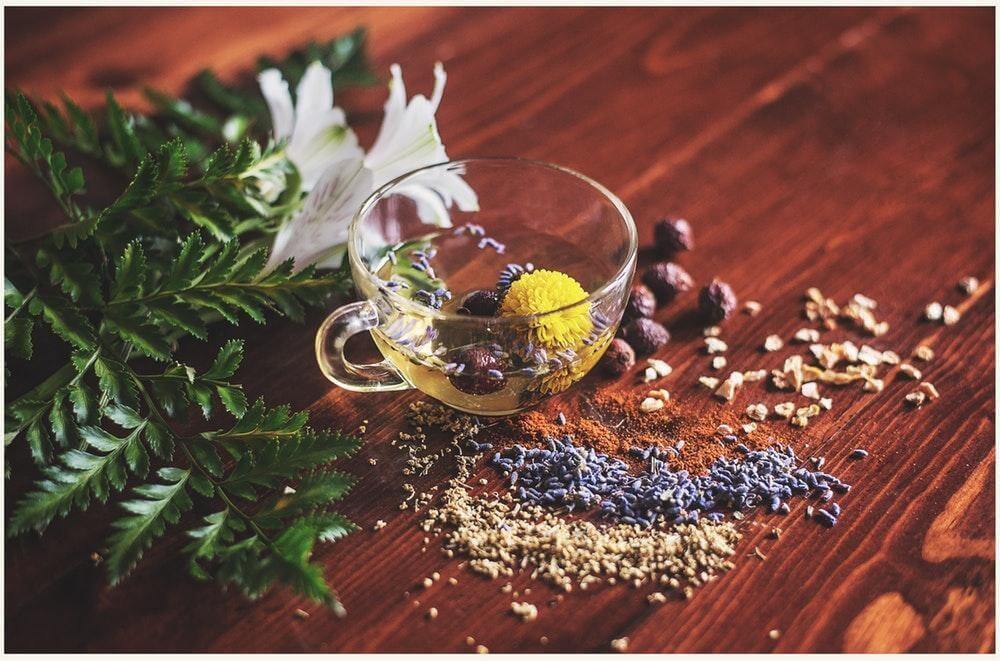Supplements and Alternative Recovery Methods
Today we have a blog post by one of our customers, who explores the field of alternative recovery and addiction treatment methods. We feel like some of our clients might be interested in this kind of stuff, so here you go! There is also the link to Kimberly’s work-in-progress book on the topic at the end of the post!

Alternative Recovery Methods
Alternative recovery methods are becoming increasingly popular and gaining awareness in the health community. While research still needs to be done on these methods, their use could help a person become more relaxed and receptive to growth. Here are a few things to take into account when deciding whether or not to implement alternative addiction treatments into your recovery plan.
Psychology Today lists “acupuncture, energy psychology, equine-assisted therapy, neurofeedback, psychodrama, Reiki, somatic experiencing, and massage therapy” among some holistic approaches of the future. There are also nutrition-based treatments that focus on taking the proper vitamins, minerals, proteins, and healthy fats instead of using sugar and caffeine as a crutch to temporarily relieve the negative side effects of withdrawal. Meditation, hypnosis, positive imagery, yoga, the practice of mindfulness, aromatherapy, music therapy, pet therapy, nature therapy, and art therapy are also options available for consideration in terms of one’s self-health.
It is not surprising that some of these practices could be a beneficial addition to traditional methods, even increasing the chances of a full recovery. However, they could pose harm if administered poorly or relied on as a stand-alone cure. Therefore, you should be careful when evaluating the place or people responsible for providing these services. In fact, many of these holistic therapies can be done from the comfort of your own home, so instead of seeking costly outside help, give them a try first.
Additionally, if AA and its 12-step structure aren’t appealing to you, there are now a diverse amount of groups out there that focus on specific beliefs and cultural values you may find more useful. For example, there are women-led groups as well as secular ones. Either way, it’s important you find a support group where you feel understood and where you can safely share your experiences, as well as benefit from communicating with others.
If nothing else, some of the natural remedies, often considered alternative, could provide a level of spiritual healing in that they often reduce anxiety, depression, and stress. For example, being in nature, listening to music, or appreciating art provides the mind with positive distractions.
According to the University of Minnesota, “Mind-body practices are techniques you can use to enhance the mind’s positive impact on the body—and vice versa.” If engaging in these activities allows you to express yourself and even boost your self-esteem, it could go a long way to help you regulate your mood and reduce your cravings.
Pet therapy, for example, could also instill a sense of newfound purpose, self-control, responsibility, and trust. Additionally, physical exercise offers a natural high and a way to release emotions by blowing off steam. Surrounding yourself with such nurturing ideologies will likely reduce feelings of alienation. While these concepts help you in recovery, you should also pursue professional treatment to deal with your chemical dependency, and detox in a safe and scientifically proven way.
When exploring alternative options, remember to be honest with yourself about your triggers and coping mechanisms. Everyone is different and may not experience the same results. However, you owe it to yourself to heal in a way that feels the most authentic to you. The road to recovery is difficult, but with the right tools and plan in place, you can grow and become the best version of yourself.